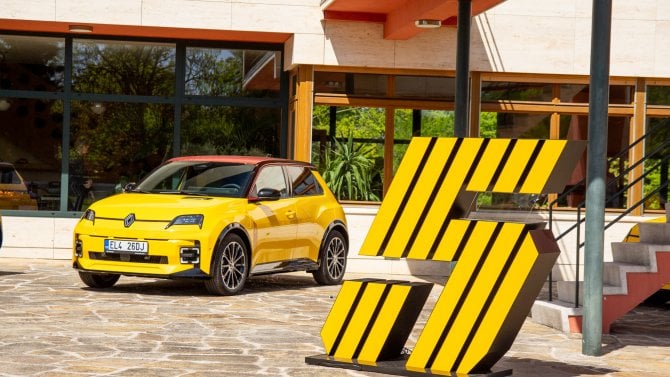...
The Czech opposition Social Democrats turned against a plan to build part of the U.S. missile defence shield in the country on Friday, laying a stumbling block to the plan's approval in parliament.
Washington asked its central European NATO ally to host a radar station, while a larger base with rockets meant to shoot down missiles that could be fired from hostile countries would be based in Poland.
The centre-right Czech government has agreed to start talks on the U.S. request, saying it would raise security in the central European NATO member country.
But the Social Democrats, whose previous cabinet had led technical consultations with the United States on the base for several years and showed non-binding interest in taking part in the project, changed its stance on Friday.
The party said the country should anchor its security through collective organisations such as NATO and the EU.
"The Czech Republic cannot safeguard its security through bilateral arrangements with another country," the party said in a position paper approved by its leadership on Friday and still to be considered by a wider party body.
"Therefore (the party) does not consider placing the radar base of the U.S. missile defence system on Czech territory to be needed," it said.
The Social Democrats have been increasingly hostile toward the plan since they lost power in an election last year. The party also demands a referendum on the plan, which the government opposes.
The government has said the missile shield, which would protect Europe, would be compatible with a potential future NATO-built missile defence system.
The Social Democrat position dims the prospect of the plan's eventual approval in the Czech parliament. The government has just 100 seats in the 200-seat lower house, and would need some opposition support to approve the plan.
Apart from the Social Democrats, the opposition includes the Communists, who oppose the base, and two independents.
The Greens, a junior government coalition partner with six deputies, have sought assurances the radar could become a part of a NATO-wide missile shield and NATO would not be weakened.
The missile defence system is a network of radars and bases with rockets meant to shoot down potential missiles carrying nuclear, biological or chemical warheads which could be launched by countries such as Iran or North Korea.
The planned expansion of the shield to Europe has run into strong opposition in Russia, although the United States say it would only protect against a small number of missiles and could not neutralise large arsenals such as that of Russia.
(Additional reporting by Jan Korselt)
[PRAGUE/Reuters/Finance.cz]




 Auta osvoboditelů – z východu: Československo a celá Evropa se staly křižovatkou vojenské techniky
Auta osvoboditelů – z východu: Československo a celá Evropa se staly křižovatkou vojenské techniky
 Auto blokující nabíjecí stanici bude možné odtáhnout. A je jedno, jestli má spalovací motor, nebo je to elektromobil
Auto blokující nabíjecí stanici bude možné odtáhnout. A je jedno, jestli má spalovací motor, nebo je to elektromobil
 Ikona je zpět jako elektromobil a je skvělá! Poprvé jsme se svezli s novým Renaultem 5
Ikona je zpět jako elektromobil a je skvělá! Poprvé jsme se svezli s novým Renaultem 5
 Videodojmy: Tenhle malý hatchback jezdí za šest litrů, odveze čtyři lidi a nestojí ani 400 tisíc
Videodojmy: Tenhle malý hatchback jezdí za šest litrů, odveze čtyři lidi a nestojí ani 400 tisíc
 Škoda VOS: Historie československých vládních automobilů je přehledem politických obratů
Škoda VOS: Historie československých vládních automobilů je přehledem politických obratů
